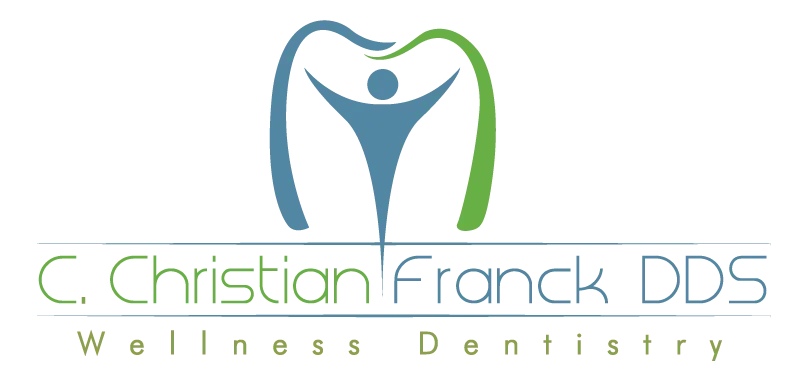Do you still have your wisdom teeth? Have your wisdom teeth been removed? What age were you when they were taken out? Were they impacted? Did you need to be sedated? Do you even remember having it done?
Wow, that’s a lot of questions for one topic. So let’s start simply. Wisdom teeth are molars that usually are noticed and begin to erupt between the ages of 17 and 21. The main reason that these teeth have to be removed is simply because there isn’t enough room for them.
Around the age of 16 your dentist will begin to evaluate your wisdom teeth to see if they will need to be removed. There are basically 3 reasons why wisdom teeth will need to be removed:
- Pain – If you are feeling jaw pain and discomfort this could be because of your wisdom teeth.
- Impacted – If your wisdom teeth are impacted (coming in sideways) that can lead to big problems later.
- Crowding – When your wisdom teeth come in it can crowd your other teeth and push your teeth together. This can lead to pain and infection.
Extraction Procedure:
If you need to have your wisdom teeth removed you might be wondering what happens. Typically this procedure is done under local anesthesia. Because of the anesthesia you should not experience any pain, you will basically feel like you’re sleeping and will wake up and the procedure will be all done.
The actual procedure involves making an incision in the gum tissue, removing connective tissues between the wisdom teeth and the bone. Once this is done the tooth is removed and the gum is sewn closed with stitches. Sometimes it is necessary to remove some of the bone around the tooth and occasionally the tooth may need to be cut in order to be removed easier.
After the procedure is completed you will likely feel pain and discomfort for a few days. You will likely be provided pain medicine to help with these issues. While you are recovering here are some tips to help you:
– As with any tooth extraction you will possibly experience bleeding. To help with this bleeding you can bite down on gauze or a tea bag. If bleeding is heavy and just won’t stop, call your dentist.
– Your face may swell (some people experience this and some don’t). You can ice any swollen areas for 10 minutes at a time and then remove the ice for 20 minutes. You can repeat this as much as you need to for the next 24 hours.
– If you are prescribed pain medicine, use this as prescribed. If you think you don’t need a stronger medicine or you are not prescribed one you may consider acetaminophen or ibuprofen.
– Try not to rinse your mouth for 24 hours. After 24 hours you can rinse with salt water after you eat and at bedtime. This will help prevent an infection.
– Eat soft or liquid foods for a few days and DO NOT USE STRAWS. Consider mashed potatoes, soups, pudding, applesauce, and then move up to soft foods like pasta.
– Make sure you still brush your remaining teeth carefully.
If you are wondering if you will need to have your wisdom teeth removed let us know. We will be able to tell from your x-rays if this is going to be an issue. If you know you are going to have them removed and you are nervous or have any questions talk to us and we will try our best to help. Keep in mind this is a common procedure and you will get through it.
The information on this Blog is provided for general information, is not intended to provide medical, dental or surgical advice, and should not be relied upon as a substitute for professional medical advice, diagnosis or treatment. No dentist/patient relationship is established by your use of this Site. No diagnosis or treatment is being provided. The information contained here should be used in consultation with a dentist of your choice. No guarantees or warranties are made regarding any of the information contained within this Blog.




